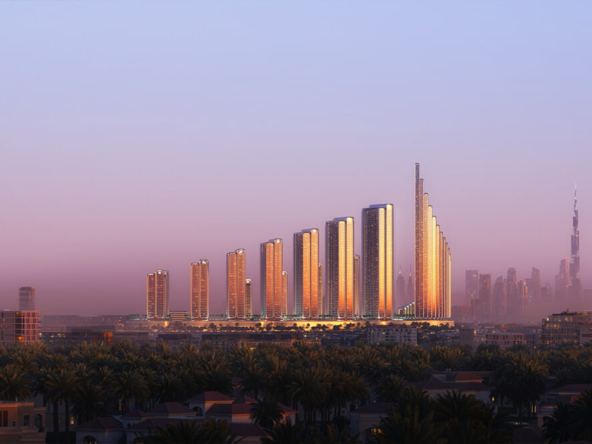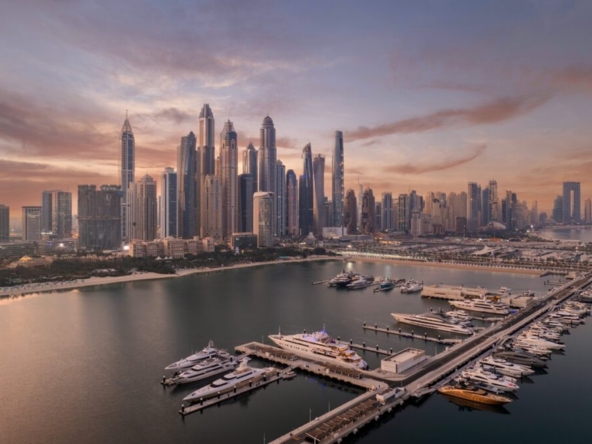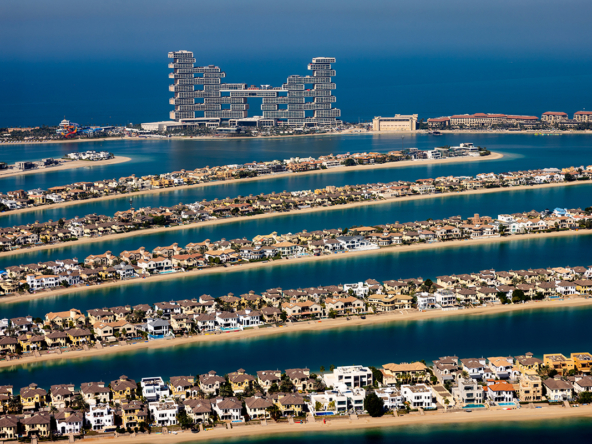In Dubai’s fast-paced real estate market, joint ventures (JVs) have emerged as a strategic tool to amplify growth, share resources, and mitigate risks. These collaborations between local developers and international investors or specialist firms allow for shared equity, decision-making, and profits, ensuring mutual benefits in a competitive landscape.
Why Joint Ventures Are Gaining Momentum in Dubai
1. Regulatory Flexibility and Government Incentives
Dubai’s government has implemented reforms to enhance foreign investment, especially in freehold areas. Revisions in property ownership laws now allow foreign investors 100% business ownership in many sectors, making real estate joint ventures highly attractive. With long-term residency visas, tax advantages, and streamlined licensing, investors find Dubai increasingly welcoming for real estate collaboration.
2. Access to Prime Land and Local Knowledge
Foreign developers may lack local understanding or access to prime plots. By forming JVs with UAE-based developers, they gain:
-
Strategic land access
-
Understanding of legal and cultural frameworks
-
Easier navigation of municipal approvals
This synergy fuels growth, allowing faster project launches and higher return on investment.
3. Risk Mitigation and Capital Sharing
Real estate projects require significant capital, and with fluctuating market conditions, spreading risk is crucial. Joint ventures allow partners to share costs and profits, reducing the financial burden on a single entity. For instance, a developer might contribute land and permits while a partner brings funding and technical expertise.
Key Players Leading the Joint Venture Boom in Dubai
Emaar Properties and Meraas
Dubai’s iconic developers like Emaar and Meraas frequently engage in joint ventures to deliver world-class projects. These companies have partnered with international hotel brands, luxury retailers, and tech firms to enhance the real estate ecosystem.
Nakheel’s Collaborative Waterfront Projects
Nakheel’s waterfront projects, such as Palm Jumeirah and Deira Islands, have seen joint development agreements with hospitality and leisure brands, creating multi-use, lifestyle-centric communities that redefine waterfront living.
Top Real Estate Sectors Benefiting from Joint Ventures
1. Mixed-Use Developments
JVs allow developers to merge diverse expertise in retail, residential, commercial, and hospitality sectors. This results in integrated urban projects like City Walk and Dubai Hills Estate, where investors share infrastructure, operations, and revenues.
2. Affordable Housing
With Dubai’s expanding population, there is a rising demand for affordable yet quality housing. JVs between government bodies and private developers help achieve housing targets, ensuring wider accessibility and sustainability.
3. Luxury Real Estate and Branded Residences
High-net-worth individuals seek branded living spaces. JVs enable local developers to collaborate with global hotel chains like Ritz-Carlton, Armani, or Four Seasons, blending local construction capabilities with international branding and design standards.
Strategic Advantages of Joint Ventures in Dubai’s Market
Market Penetration and Diversification
New entrants often lack market credibility or brand presence. A JV with a reputable local developer fast-tracks market entry and builds consumer trust. This is especially critical in Dubai’s high-stakes off-plan property market.
Innovation Through Combined Expertise
Joint ventures foster innovation by combining diverse skills. For instance:
-
A local partner may handle regulatory compliance and land acquisition
-
An international partner may contribute smart city solutions, modular construction, or green building technologies
This results in futuristic, sustainable developments that align with Dubai’s 2040 Urban Master Plan.
Case Studies: Successful Joint Ventures in Dubai
Dubai South and Emaar: The Emaar South Community
This partnership in Dubai South is one of the region’s best-known JVs. Located near Al Maktoum International Airport and Expo City Dubai, Emaar South is a residential golf community that reflects visionary urban planning through a joint approach.
Wasl and Mandarin Oriental: High-End Hospitality Project
Wasl Asset Management collaborated with Mandarin Oriental to develop luxury beachfront properties, setting new standards in opulence, design, and service along Jumeirah’s pristine coastline.
Challenges Faced in Joint Ventures and How to Overcome Them
1. Misaligned Objectives
Diverging expectations between partners on timeline, ROI, or quality can derail projects. It’s vital to establish a clear Memorandum of Understanding (MoU) and shared KPIs from the outset.
2. Legal Complexities
Dubai’s regulatory framework is evolving. A lack of clarity in ownership rights, profit-sharing models, or exit strategies may lead to disputes. Hence, robust legal agreements vetted by local counsel are essential.
3. Cultural and Communication Gaps
International partners must respect local business etiquette, timelines, and decision-making hierarchies. Cultural alignment workshops and transparent communication channels are key to JV success.
The Future Outlook of Joint Ventures in Dubai Real Estate
A Pivot Toward ESG-Focused Developments
Environmental, Social, and Governance (ESG) principles are becoming central to Dubai’s real estate. Joint ventures are now being formed specifically to deliver sustainable, LEED-certified projects in line with Net Zero Carbon goals.
Smart City Projects
Dubai’s ambition to be a global smart city leader fuels JVs between tech firms and property developers. AI-powered homes, IoT-enabled buildings, and smart infrastructure are increasingly being developed through joint initiatives.
Global Partnerships for Expo City Legacy Projects
Post-Expo 2020, the legacy site, Expo City Dubai, is a fertile ground for multi-national joint ventures. Mixed-use, innovation-driven districts are rising with input from global leaders in green building, education, and research.
Conclusion: Joint Ventures Are Reshaping Dubai’s Skyline
Joint ventures are more than just financial alliances — they’re a powerful mechanism to build trust, share expertise, and push innovation in Dubai’s real estate sector. As the emirate transforms into a global hub of excellence, these strategic partnerships will be the backbone of its urban, economic, and social development. The future of Dubai’s skyline lies not in solo efforts but in collaborative ambition.




